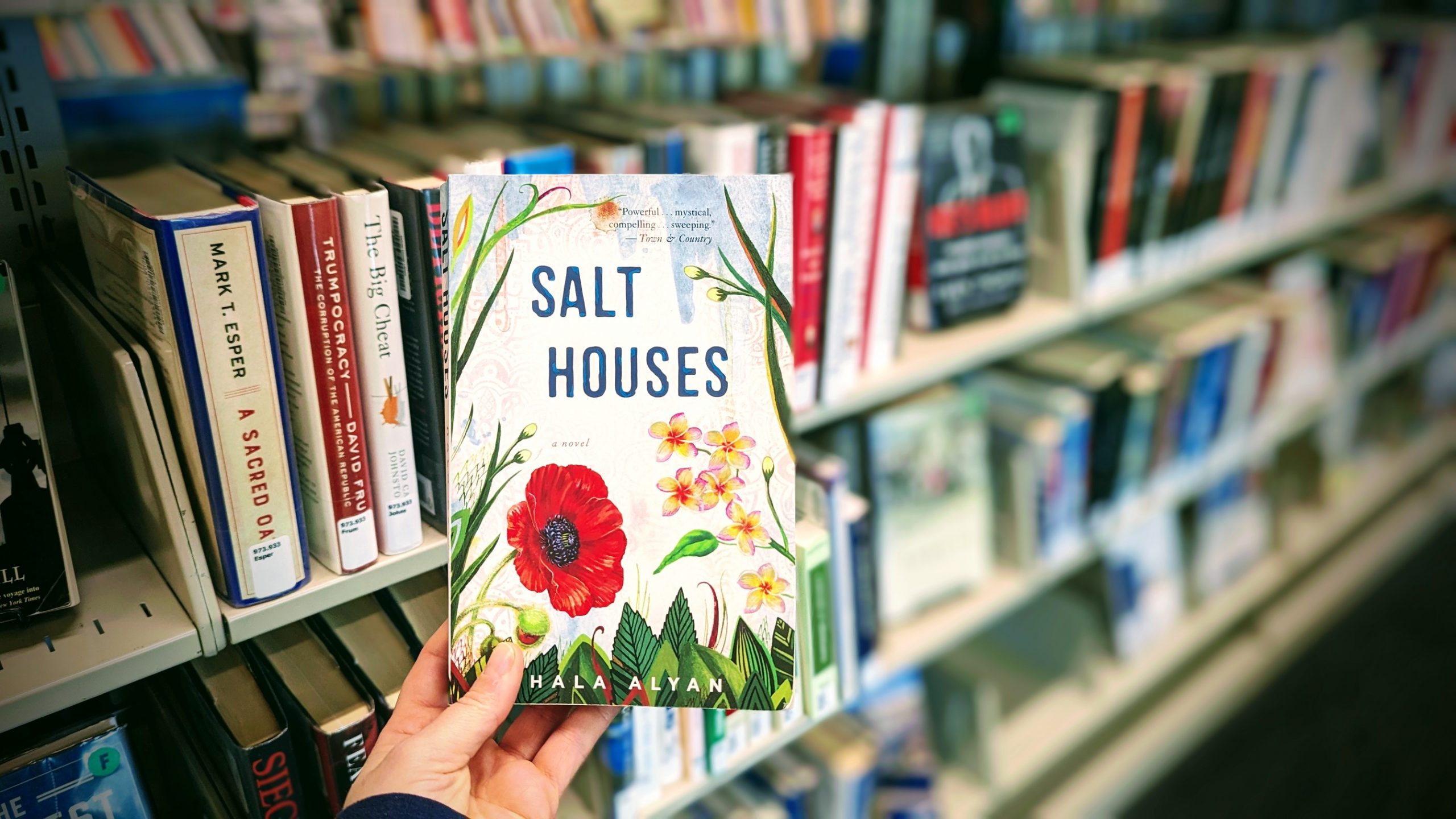 (4 / 5) Star Review
(4 / 5) Star Review
As the war, genocide and humanitarian crisis rage on in Gaza, I continue to read a multiplicity of books, both fiction and non-fiction to help me better understand, empathize and activate as a citizen of the world in the days, weeks, months and years to come.
I have said it before and I will say it again, before the start of this war in November 2023, I didn’t know much about the historical realities between Israel and Palestine, but I continue to dive deeper and challenge myself to stay open and soft-hearted even when bearing witness to the suffering becomes unbearable. To that end, the Book War Community chose “Salt Houses” by Hala Alyan as my Historical Fiction Genre read this March.
Unintentionally, but incredibly, I ended up reading this novel of a multi-generational Palestinian family alongside the non-fiction work, “The Hundred Years’ War on Palestine: A History of Settler-Colonial Conquest and Resistance, 1917-2017” by Rashid Khalidi. These two books spoke to each other offering different windows into the life, time and tragedy of the wars, resettlements, and displacements the Palestinian people have endured.
Alyan shows the generational human toll removal from ones’ land, communities and identity causes through rich, poignant and complex characters. The women of this story take central stage and their personalities and responses to death, trauma and grief vary greatly offering the reader a breadth of empathetic experience. From the mother who reads tea leaves in the first chapter (1963) to the gestating mother looking for a connection in a land she has never visited before yet names as ‘home’ (2014), Alyan allows the reader an empathetic window into the complex realities of identity, family and land when most has been silence, disconnected or outright stripped from people.
I highly recommend both “Salt Houses” and “The Hundred Years’ War on Palestine” and if you have the capacity to read them alongside each other, particularly if you are engaging this bit of global history for the first time, I strongly encourage you to try. They inform and illuminate each other allowing me at least to have a richer, fuller experience of both.
Though the subject matter may be difficult, it is worth your time, attention and emotional work.
Happy reading!
Hannah

